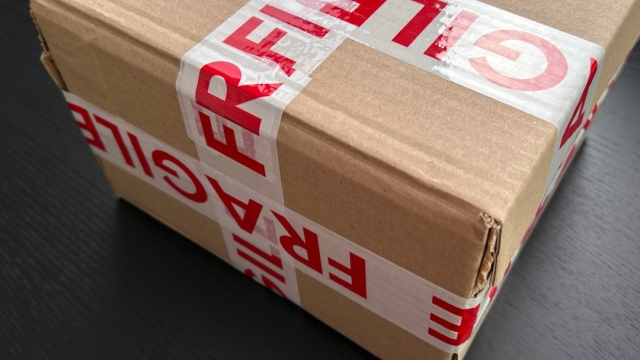
Overview of Car Wash Compliance Regulations in California
In the car wash industry, compliance with regulations is essential not only for the successful operation of the business but also for ensuring environmental protection and public safety. car wash compliance encompasses a range of legal requirements and best practices that operators must adhere to, particularly concerning water usage, waste management, and employee safety. Understanding the necessary regulations and local requirements is crucial for maintaining a sustainable and legally compliant business. This article aims to provide an overview of car wash compliance regulations in California, specific compliance requirements for various cities, and best practices for operators to uphold these standards.
Overview of Car Wash Compliance Regulations in California
California has established a comprehensive set of regulations governing car wash operations, primarily aimed at protecting the environment and conserving water resources. The state’s stringent water quality standards require car washes to implement systems that prevent pollution from entering storm drains and local waterways. Operators are also obligated to adhere to best management practices regarding water usage, including recycling and proper wastewater disposal.
Furthermore, compliance with employee safety regulations is vital. The California Occupational Safety and Health Administration (Cal/OSHA) sets forth guidelines that businesses must follow to ensure a safe working environment. This includes training staff on safe handling of chemicals and providing the necessary personal protective equipment (PPE).
Specific Compliance Requirements for Car Washes in Fremont. Rocklin. San Ramon. Redlands, and Folsom
While the overarching regulations apply across California, individual cities may have unique compliance requirements that car wash operators must consider.
Fremont
In Fremont, car washes are required to have a water recycling system in place. The city encourages the use of eco-friendly products and mandates that all chemicals used in the washing process are compliant with local environmental standards. Regular inspections are conducted to ensure that facilities adhere to these requirements.
Rocklin
Rocklin has specific zoning regulations that dictate where car washes can be located. Operators must obtain the appropriate permits, and they are required to submit an environmental impact assessment if their operations could potentially affect local water bodies.
San Ramon
In San Ramon, car washes must adhere to guidelines regarding noise levels and operational hours to minimize disruption to the surrounding community. Compliance with water conservation practices is also strongly enforced, encouraging facilities to implement rainwater harvesting systems.
Redlands
Redlands mandates that all car washes collect and treat wastewater on-site before discharge. This requirement aims to reduce the impact of wastewater on the local ecosystem. Operators are also encouraged to use biodegradable cleaning agents to further promote environmental sustainability. For more information about car wash compliance in Redlands, visit Ducky’s Express.
Folsom
In Folsom, there are specific training programs required for employees handling chemicals. These programs ensure that staff are well-informed about safe practices and emergency procedures. Car wash operators must also maintain records of chemical usage and employee training to demonstrate compliance during inspections.
Best Practices for Maintaining Compliance in Car Wash Operations
To ensure ongoing compliance with all regulations, car wash operators should adopt best practices that promote environmental responsibility and safety. Here are several key practices:
- Implement Water Recycling: Establish a closed-loop water system to minimize water usage and reduce waste.
- Regular Training: Provide continuous training for employees on compliance standards, safe chemical handling, and emergency response protocols.
- Maintain Records: Keep thorough documentation of all compliance-related activities, including employee training, chemical purchases, and waste disposal.
- Conduct Regular Inspections: Perform routine inspections of the facility to identify potential compliance issues before they become a problem.
- Stay Informed: Regularly update your knowledge of both state and local regulations to ensure ongoing compliance.
In conclusion, car wash compliance is a multifaceted aspect of operating a successful and responsible car wash. By understanding and adhering to the regulations set forth by both state and local authorities, operators can create a safe and environmentally friendly business. By implementing best practices, not only can compliance be maintained, but the overall quality of service and customer satisfaction can be enhanced as well.


